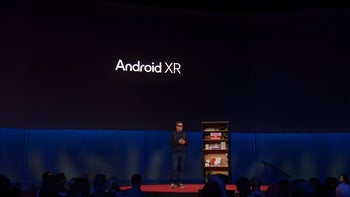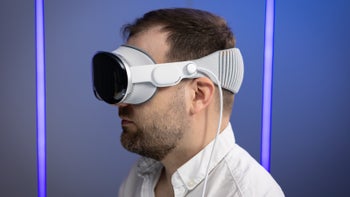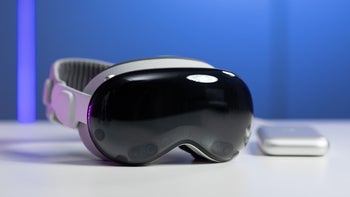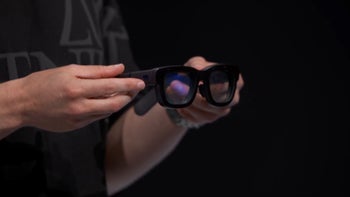Qualcomm sets its sights on powering next-gen XR headsets with a new chip

Qualcomm is prepping to introduce an advanced XR chip in early 2024 – one with improved graphics, AI performance, and video passthrough functionality. This ambitious venture has caught the attention of tech giants like Samsung and LG.
While the partnership between Qualcomm, Samsung, and Google on a mixed reality headset has been known, Qualcomm’s collaboration with LG was under wraps. Hugo Swat, Qualcomm’s VP of XR, shed some light in an interview with the South Korean Electronics Times. Swat hinted, "We are deeply collaborating with Samsung Electronics and LG Electronics. It's exciting to see Samsung evolve since its alliance with Qualcomm and Google, and LG's expertise in diverse areas, especially the headset sector, is commendable."
With Apple's launch of the Vision Pro slated for early 2024, rival tech conglomerates are keen to bring their game. The Vision Pro, priced at a whopping $3,500, is set to be a major player in the XR arena. But Qualcomm, with its upcoming XR chip, could potentially become a stiff competition to Apple's M1 chip, which powers the Vision Pro.
A look back shows Qualcomm’s journey in the XR chip landscape. The Snapdragon XR2 Gen 2, Qualcomm’s recent revelation, already powers the Meta Quest 3. This chip, based on the Snapdragon 8 Gen 2, provides a significant performance boost compared to its predecessor, the Snapdragon XR2 Gen 1.
The larger implications are even more intriguing. If and when Samsung and LG decide to roll out their mixed-reality headsets as a counter to Apple's Vision Pro, it seems probable that they’d harness Qualcomm’s advanced chip. Similarly, with reports suggesting Meta’s collaborating with LG on a potential Quest Pro successor, priced at around $2,000 for a 2025 release, Qualcomm’s new chip might just be the centerpiece of many flagship XR products in the near future.
While the partnership between Qualcomm, Samsung, and Google on a mixed reality headset has been known, Qualcomm’s collaboration with LG was under wraps. Hugo Swat, Qualcomm’s VP of XR, shed some light in an interview with the South Korean Electronics Times. Swat hinted, "We are deeply collaborating with Samsung Electronics and LG Electronics. It's exciting to see Samsung evolve since its alliance with Qualcomm and Google, and LG's expertise in diverse areas, especially the headset sector, is commendable."
A look back shows Qualcomm’s journey in the XR chip landscape. The Snapdragon XR2 Gen 2, Qualcomm’s recent revelation, already powers the Meta Quest 3. This chip, based on the Snapdragon 8 Gen 2, provides a significant performance boost compared to its predecessor, the Snapdragon XR2 Gen 1.
It is likely that the upcoming XR chip might drive its foundation from the potent Snapdragon 8 Gen3 or the powerhouse Snapdragon X meant for laptops. Both these Snapdragon variants were recently showcased at the Snapdragon Summit.
The larger implications are even more intriguing. If and when Samsung and LG decide to roll out their mixed-reality headsets as a counter to Apple's Vision Pro, it seems probable that they’d harness Qualcomm’s advanced chip. Similarly, with reports suggesting Meta’s collaborating with LG on a potential Quest Pro successor, priced at around $2,000 for a 2025 release, Qualcomm’s new chip might just be the centerpiece of many flagship XR products in the near future.






Things that are NOT allowed: